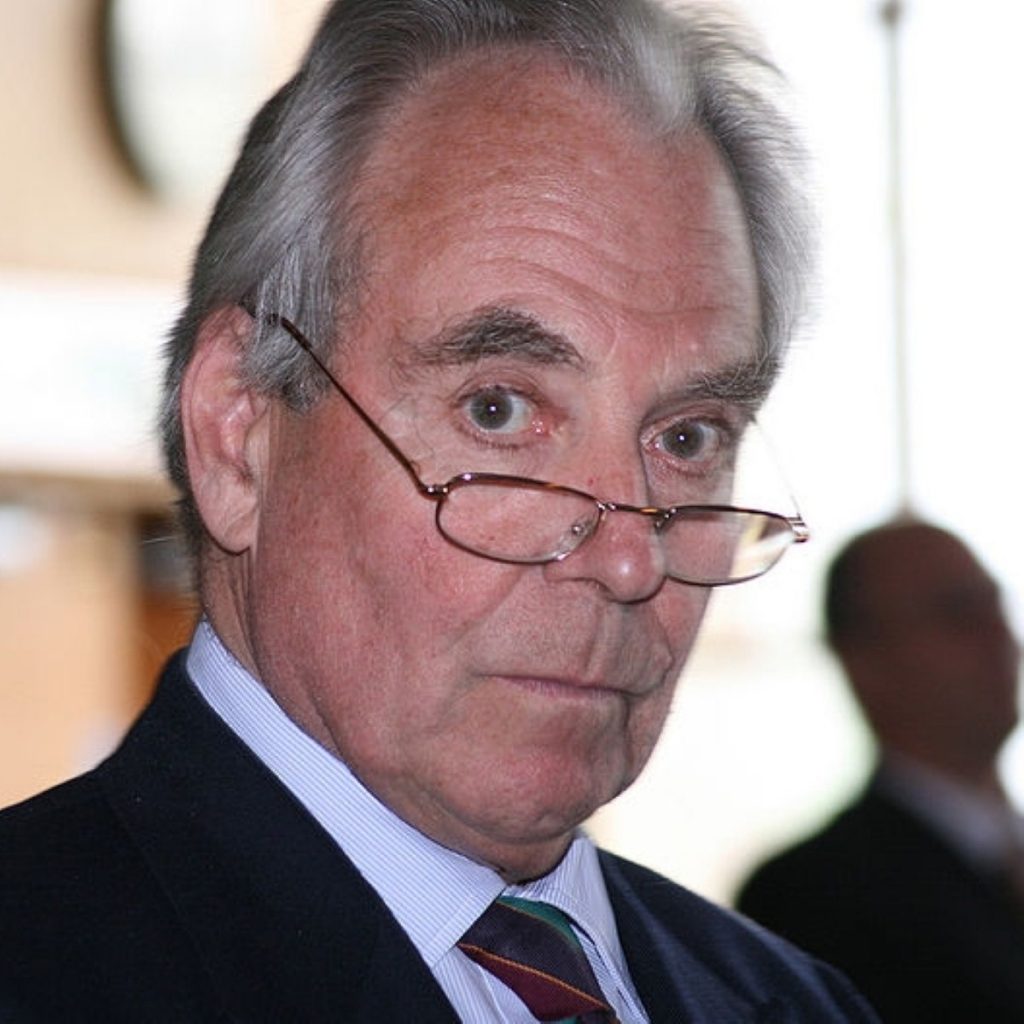Comment: We should go our own way on votes for prisoners
There is a crucial missing link in the debate about our national sovereignty and “Europe”. It’s the big idea which gave birth to both the court of human rights in Strasbourg and the European Union in Brussels.
By Malcolm Pearson
That big idea – wait for it, boring but essential – was that the nation states of Europe had been responsible for the two World Wars, and much carnage over the centuries. Those national democracies therefore had to be emasculated, and diluted into a new form of supra-national government, run by bureaucrats. So the “Project” was, and still is, to replace national parliaments, with Brussels and Strasbourg ruling the whole European roost.
That is why, if you take the European Union, the unelected bureaucracy – the Commission – still has the monopoly to propose all new laws, which it does in secret (now the majority of our national legislation). Its proposals then go to a shadowy body called Coreper – the Committee of Permanent Representatives – or bureaucrats from the nation states, who negotiate their national interests, still in secret. When their horse-trading is done, the new laws then go to the Council of Ministers (from each member state) which again meets in private, and to the so-called European parliament, for final rubber-stamping. I say “so-called” because what sort of parliament is it that cannot even propose legislation? More like a democratic fig-leaf. The Commission and the Luxembourg court then execute all EU legislation; there is no appeal against their diktats.


The point is that the House of Commons, containing the MPs elected by the people, is entirely excluded from the process, and so are the Lords. But that was always the plan. Our democracy is the enemy of the Project of the European Union, because it caused all those beastly wars. And don’t tell me that the EU has “kept the peace” since 1945 either. That was done by Nato. But they still trot out “peace” as the excuse for their fraudulent, criminally wasteful existence. (Which European nation would have gone to war with another in the absence of the EU?)
So it is with the Strasbourg court of human rights, which has ordained that our prisoners should get the vote. After the last war, Britain actually inspired much of the European Convention on Human Rights, because we thought that some of the other European countries hadn’t done too well in that regard. And we set a good example by voluntarily being part of it. Then our last government cravenly made the Convention binding in British law, meaning that our judges have to cow-tow to their very inferior imitations in Strasbourg, and the steady expansion of their power over us.
And don’t forget that the European Union has signed up to the Convention, so there is no escape from Strasbourg while we stay in the EU.
That’s what the vote in the Commons today is really about. Why must we allow prisoner enfranchisement in the UK because Strasbourg says so? That is a debate for our national parliament, not European legislators, and certainly not unelected EU bureaucrats who are so far removed from the British electorate. Do we want to go on being devoured by the corrupt octopus in “Europe”? Or do we want to say that we don’t actually need to be bossed around by those we died to set free, thank you very much, and we are going to go our own way?
Lord Pearson is the former leader of Ukip
The views expressed in politics.co.uk’s comment pages are not necessarily those of the website or its owners

